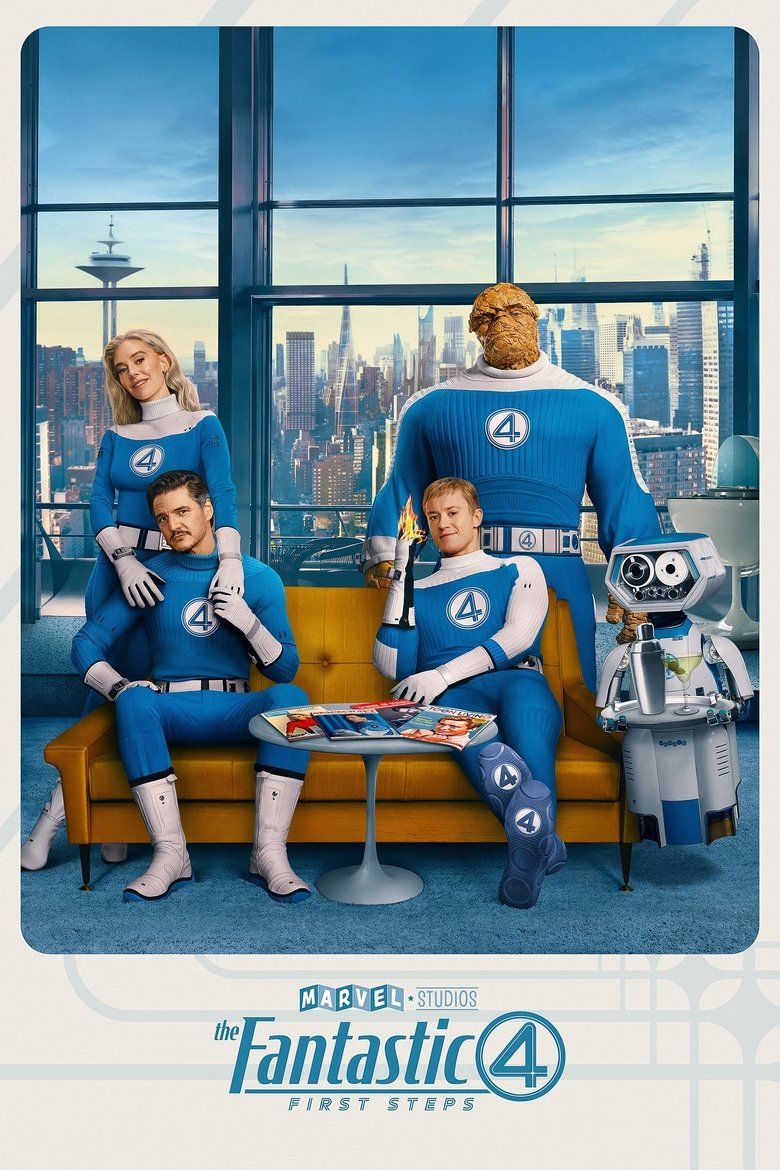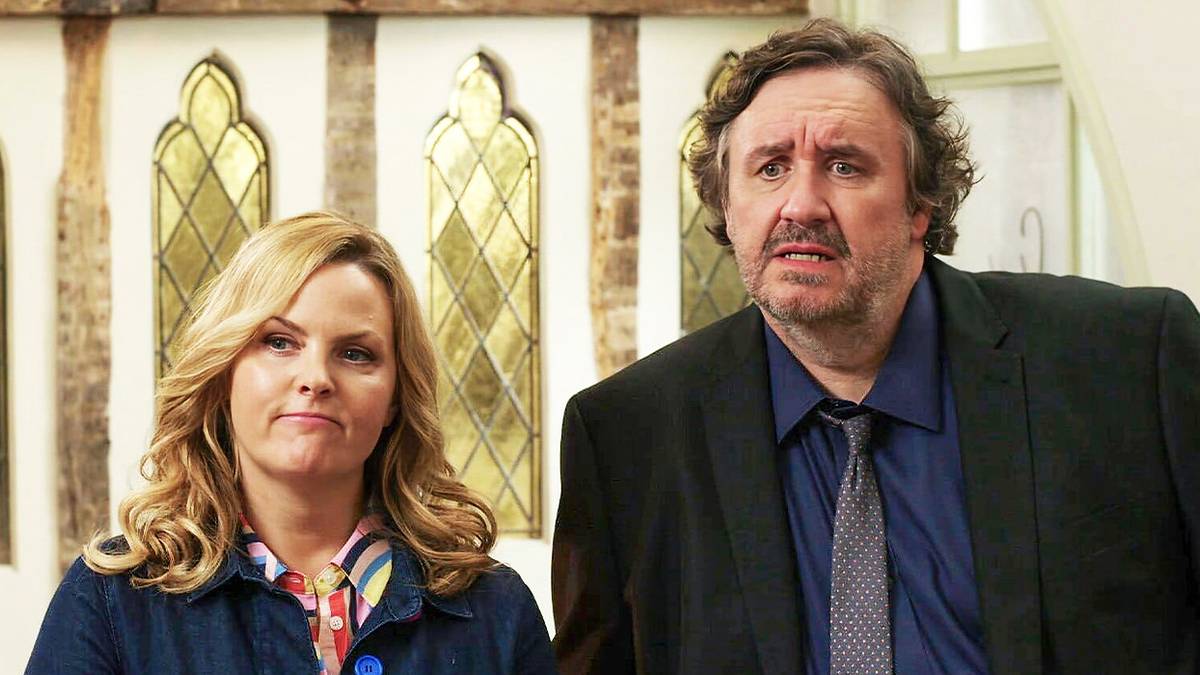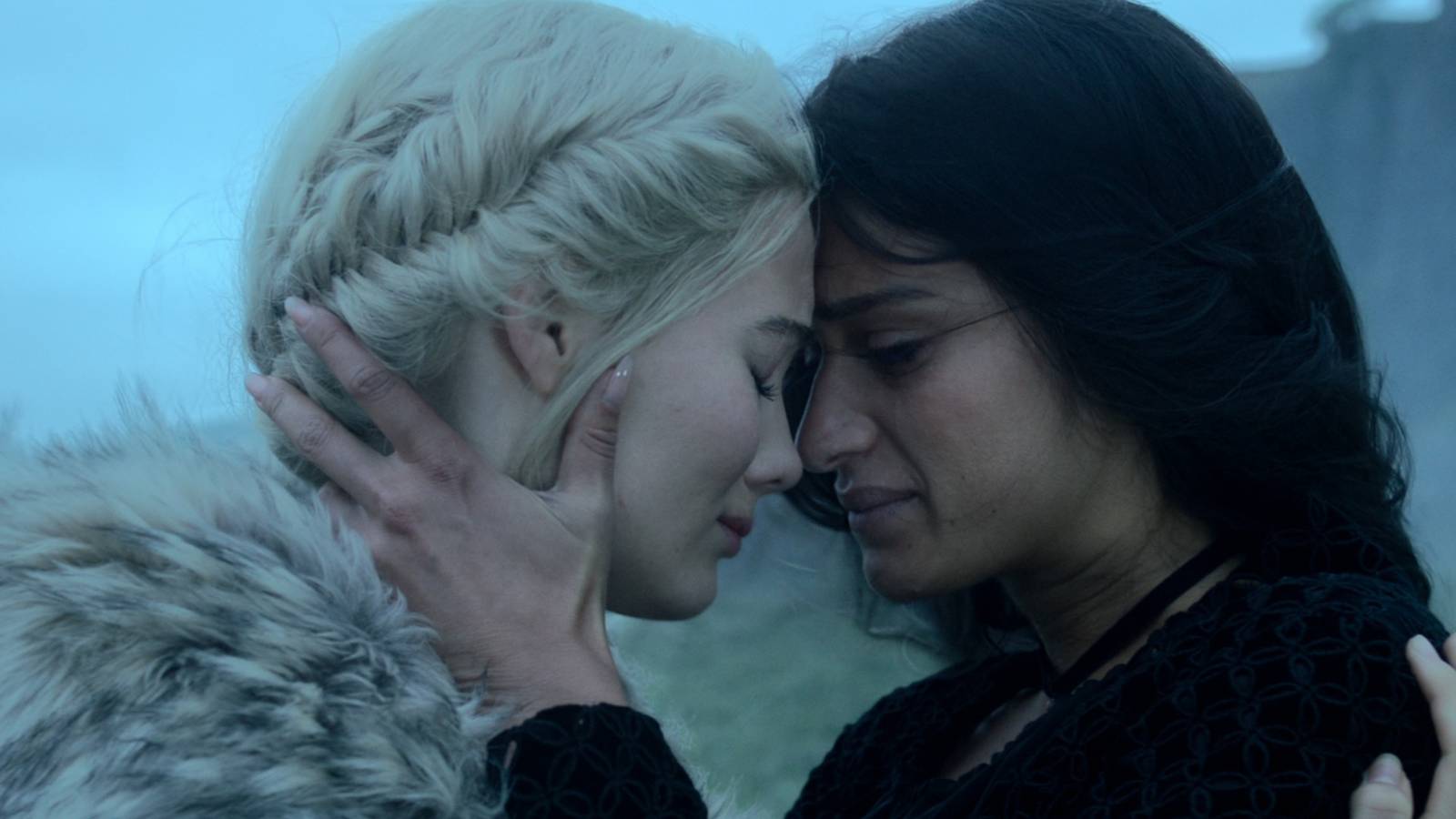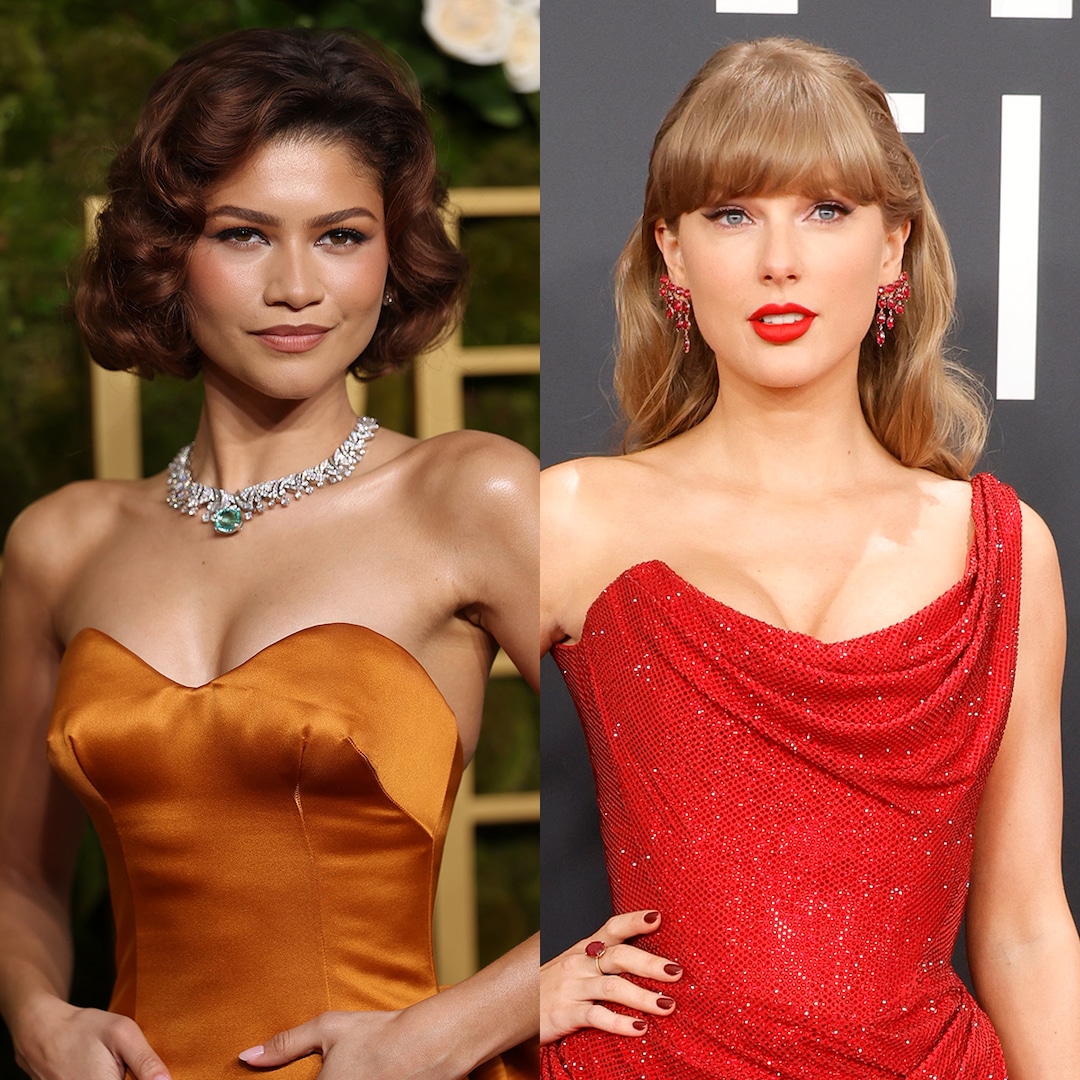Editor’s note: The following contains spoilers for ‘The Fantastic Four: First Steps.’Despite being Marvel’s original superhero team, successfully adapting The Fantastic Four onto the big screen has been surprisingly arduous, considering that the entire film industry has practically catered to comic book movies. Centered around a team of four scientists in the 1960s operating as defenders of the Earth and a surrogate family, the Marvel Cinematic Universe’s take on F4 proudly wears its pastiche setting and grounded human interests on its sleeve. If you walked out of the theater at the halfway point, you’d come away from The Fantastic Four: First Steps thinking it was one of the saga’s most character-focused and charming efforts to date.
However, this is an MCU movie we’re talking about—the giant alien who promises a global apocalypse and a climactic battle featuring a laser shooting out of the sky is inevitable. These tropes were quite disheartening this time, as they undermined the quaint and intimate character beats that almost made the film a pure triumph.
‘The Fantastic Four: First Steps’ Succeeds as a Family Story
There seems to be a concentrated effort on the Marvel Cinematic Universe’s part to either strip things down, return to a familiar, pastiche setting, or roll out the heavy hitters like Spider-Man and Wolverine. With Thunderbolts*, they sold it as an “indie” take on a group of misfit superheroes grappling with their sense of alienation and depression. Despite being one of the signature films of the summer, The Fantastic Four: The First Steps, directed by WandaVision‘s Matt Shakman, sold itself as a story about a family, first and foremost, and it is the rare MCU movie that features no pre-requisite material (or “homework” in derogatory terms), as every character is brand new to the saga. This sentiment of regaining focus on the innate draw of superheroes as icons that appeal to the broadest audience also applied to James Gunn‘s Superman.
Without needing to re-tell the origin story of the four brilliant scientists who turned into celebrity figures in ’60s New York, The Fantastic Four drops you right into the lived-in family dynamic between Reed Richards (Pedro Pascal), Sue Storm (Vanessa Kirby), Johnny Storm (Joseph Quinn), and Ben Grimm (Ebon Moss-Bachrach). The film opens not with a battle or a space quest, but rather, Sue revealing to her husband Reed that she is pregnant, as they both reflect on their newfound responsibilities as something more demanding than superhero scientists. The best thing that can be said about the characterization of The Fantastic Four is that Reed and Sue feel more like husband and wife, and Johnny and Ben like brothers, respectively, instead of just another band of superheroes.
Like Gunn does with the Man of Steel, Shakman throws you right into this world without much explicit table-setting. Rather than being forced to learn about an expanded universe, viewers are dropped into this tight-knit family, with each member having their own quirks and backgrounds. Ben reconnecting with his old neighborhood and his interactions with a teacher played by Natasha Lyonne in a wasted role are surprisingly touching, coming from a giant rock man. Between the retrofuture period setting and the rich tapestry of New York City, there was an effort to make this into something more than another chapter in this long-running franchise.
‘Fantastic Four’ Loses Its Charm Once It Becomes About Saving the World
Of course, this is a Fantastic Four movie—no one expects this to be a minimalist domestic drama. Battle and chase sequences were part of the package, but having to deal with another God in Galactus (Ralph Ineson) and an icy alien super-soldier in the Silver Surfer (Julia Garner), whose powers can be visualized with cheap CGI goop, felt especially tiresome in a film with so much more potential and bolder aspirations. The stress and camaraderie built by the team when agreeing to raise a child immediately becomes diluted when they have to deal with yet another villain with plans of immortality and annihilation. By the second half, all the earnest banter (free of the usual Marvel quips) takes a backseat to jargon-filled dialogue when negotiating with Galactus and scheming for the climactic battle.
The Fantastic Four had a chance to stand out from the pack, but by relying on another scenario involving interspace travel, antagonists who can move planets, and a climax centered around portals in the sky, it became discernible from the rest of the entries of the last two decades. With the knowledge that John Malkovich was removed from the final cut, Matt Shakman’s film seems rushed to adhere to demands for a shorter runtime, which explains why the abrupt jump from family life to intergalactic space battle feels especially jarring. With these two contrasting sensibilities, the film desperately called for a proper origin story.
Galactus is a metaphor for the MCU. Sooner or later, every stand-alone entry, even ones with distinct singular visions, must confront the sobering realities of complying with the demands of a mammoth enterprise. The Fantastic Four thought they could just focus on raising a family, but instead, they have the thankless task of saving the world.
The Fantastic Four: First Steps is now playing in theaters.

The Fantastic Four: First Steps
- Release Date
-
July 25, 2025
- Runtime
-
115 minutes
- Director
-
Matt Shakman
- Writers
-
Jeff Kaplan, Josh Friedman, Ian Springer, Eric Pearson
















